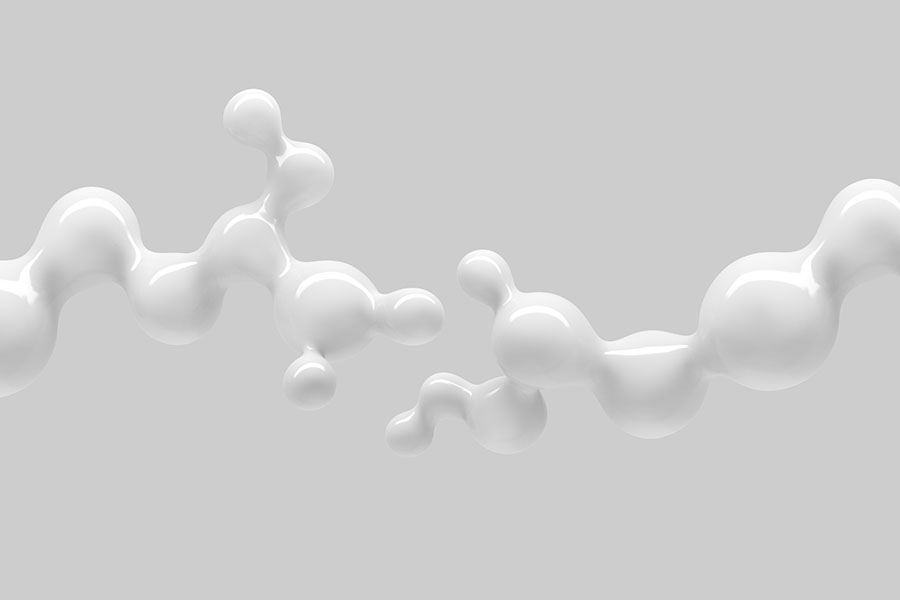Poly (methyl) acrylate in pressure-sensitive adhesive
Poly(methyl) acrylate is a common base material that is widely used in the preparation of pressure-sensitive adhesives. This material has several useful properties that make it ideal for preparing high-performance pressure-sensitive adhesives.
The following are some important characteristics of poly(methyl) acrylates in pressure-sensitive adhesives:
- Adhesion: Poly (methyl) acrylates provide excellent adhesion properties in pressure-sensitive adhesives and can adhere firmly to a variety of surfaces, including different types of materials and textures.
- Elasticity and flexibility: This material has certain elasticity and flexibility after curing so that the pressure-sensitive adhesive can adapt to the irregularity of the surface and maintain adhesion.
- Chemical stability: Poly (methyl) acrylate has good resistance to many chemicals and solvents, which allows the pressure-sensitive adhesive to maintain stability in a variety of environments.
- Transparency: Some poly (methyl) acrylates have high transparency, so transparent pressure-sensitive adhesive products can be prepared, such as scotch tape or film.
- Temperature performance: Poly (methyl) acrylate can be adjusted according to the need to obtain pressure-sensitive adhesive to adapt to different temperature ranges
- Adjustability: Poly (methyl) acrylate can adjust its performance by changing polymerization conditions and additives to meet the requirements of different applications.
- Water-based adhesives: Some derivatives of methacrylate can be used to prepare water-based pressure-sensitive adhesives, to meet the requirements of environmental friendliness.

In general, poly (methyl) acrylate, as a base material, provides a reliable performance basis for pressure-sensitive adhesives and can be adjusted to meet the needs of different applications by formulation and preparation process.
If you are interested in our products, please feel free to contact us.

Leave a Reply
Want to join the discussion?Feel free to contribute!